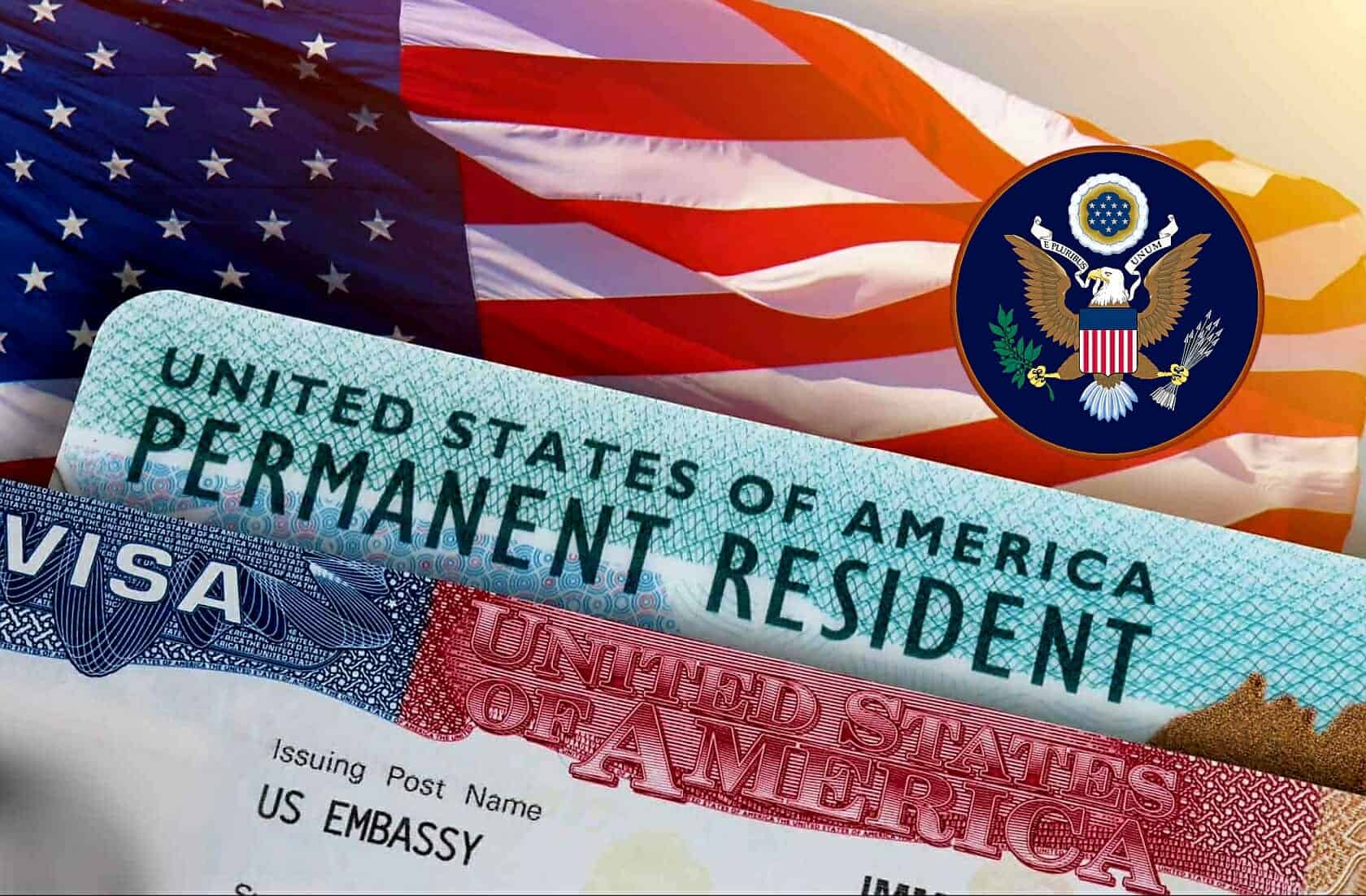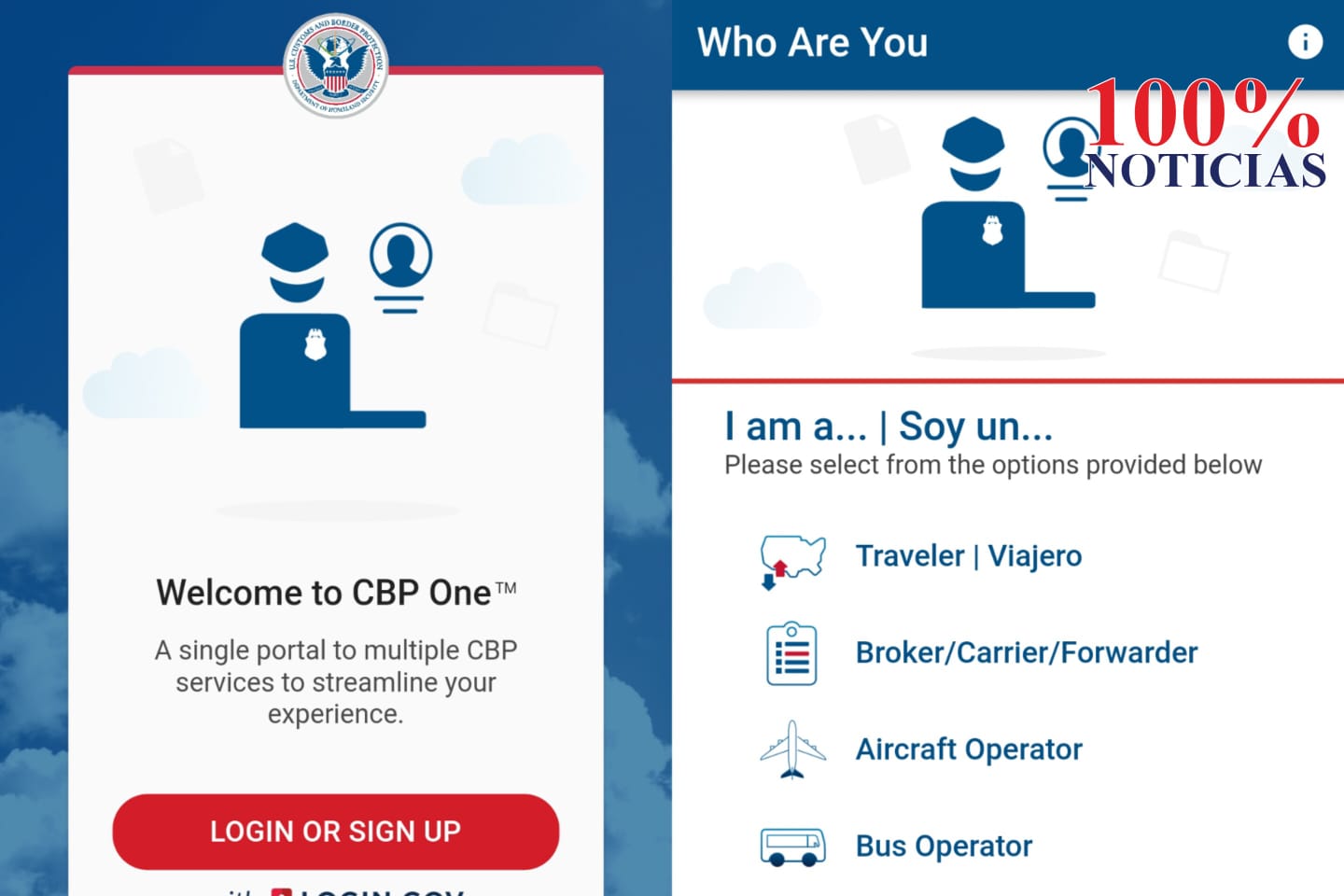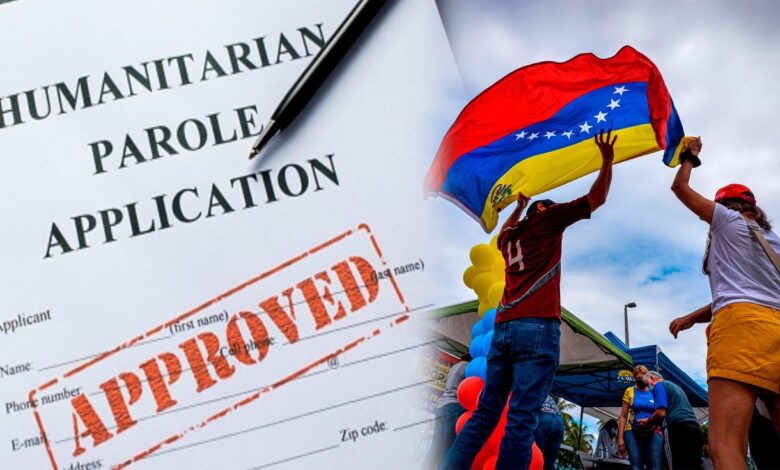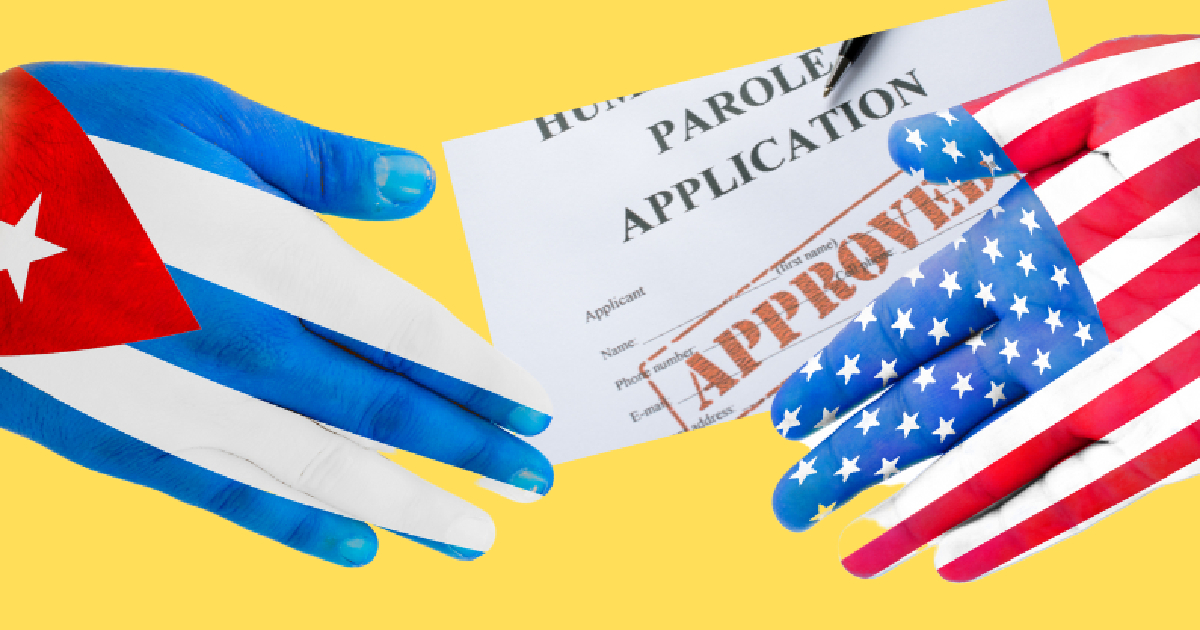
Are you or a loved one seeking to enter the United States for a temporary period? The U.S. Citizenship and Immigration Services (USCIS) offers a program known as Parole, which allows individuals to temporarily stay in the country for specific reasons. In this article, we will delve into the world of Permisos de Permanencia Temporal, also known as Parole, and provide you with a comprehensive guide on how to navigate this process.
What is Parole?
Parole is a discretionary program that permits individuals to enter or remain in the United States for a temporary period, usually due to humanitarian reasons or significant public benefit. This program is not a visa, but rather a permission granted by the USCIS, allowing individuals to stay in the country for a specific duration. The primary purpose of Parole is to provide a temporary solution for individuals who are unable to obtain a visa or are awaiting the processing of their immigration application.
Types of Parole
There are several types of Parole, each with its unique requirements and purposes. Some of the most common types of Parole include:
Humanitarian Parole: Granted to individuals who are facing a life-threatening emergency or are in need of medical treatment.
Public Interest Parole: Awarded to individuals whose presence in the United States is deemed to be in the public interest, such as for business or educational purposes.
Significant Public Benefit Parole: Granted to individuals whose presence in the United States would provide a significant public benefit, such as in the case of a major sporting event or cultural exchange.
Eligibility Requirements
To be eligible for Parole, applicants must meet specific requirements, which include:
Demonstrating a compelling reason for entering or remaining in the United States
Showing that their presence in the country is in the public interest or for humanitarian reasons
Providing evidence of their identity and nationality
Undergoing a background check and medical examination
Application Process
The application process for Parole involves submitting a petition to the USCIS, along with supporting documentation and fees. The petition must be filed by the individual seeking Parole or by a sponsor on their behalf. The USCIS will review the application and make a decision based on the eligibility requirements and the individual's circumstances.
Benefits and Limitations
Parole provides several benefits, including the ability to enter or remain in the United States for a temporary period. However, it also has limitations, such as:
Parole is not a visa and does not provide a path to permanent residence
Parole is typically granted for a specific duration, which cannot be extended
Individuals on Parole are not eligible for employment or public benefits
In conclusion, Permisos de Permanencia Temporal, or Parole, is a discretionary program offered by the USCIS that allows individuals to temporarily stay in the United States for humanitarian or public interest reasons. Understanding the types of Parole, eligibility requirements, and application process is crucial for individuals seeking to take advantage of this program. If you or a loved one is considering applying for Parole, it is essential to consult with an immigration attorney to ensure that you meet the necessary requirements and follow the correct procedures.
By following the guidelines outlined in this article, you can navigate the complex world of Parole and increase your chances of a successful application. Remember to stay informed and up-to-date on the latest USCIS regulations and policies to ensure a smooth and successful process.





![ᐈ Parole Humanitario Información Actualizada ️ [ 2025 ]](https://i.ytimg.com/vi/k1DUz42ZEYE/maxresdefault.jpg)



